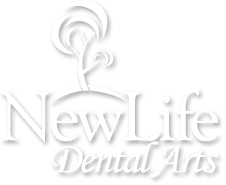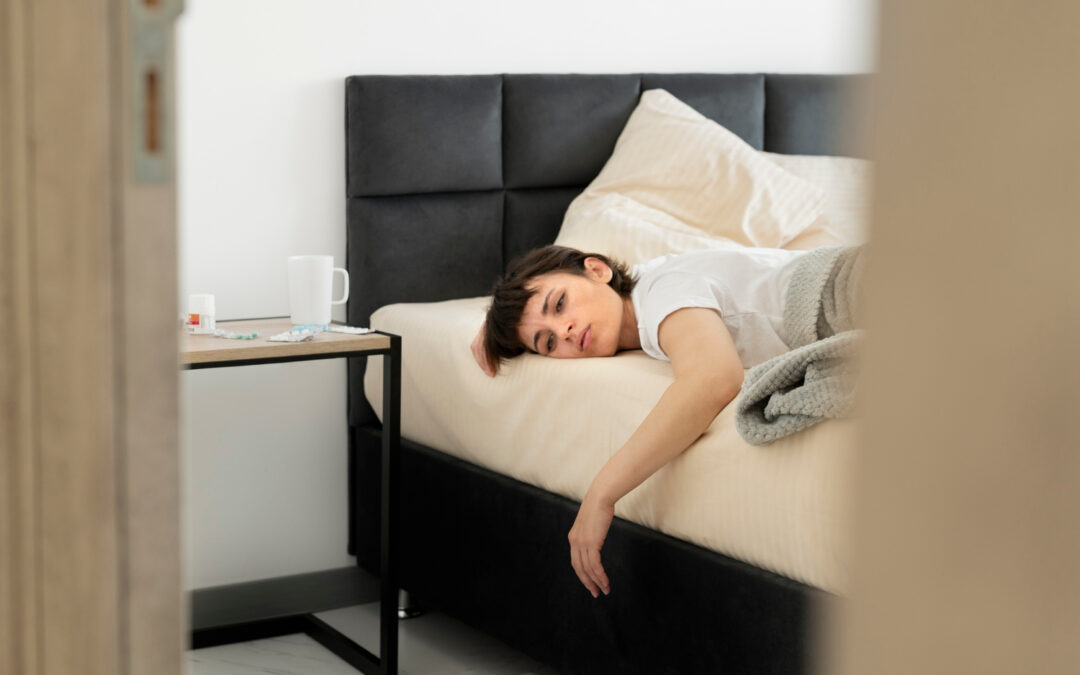Every year, as the seasons change, colorful blooms and warmer weather arrive, but so do the sneezes and sniffles of seasonal allergies. For many people, these allergies can be more than just a minor inconvenience. They may exacerbate existing health conditions, such as sleep apnea, a disorder that affects millions worldwide. In Lake Stevens, WA, where trees and flowers blossom with gusto each spring, the impact of allergies can be particularly significant. Understanding how allergies can influence sleep apnea is crucial for managing both effectively.
As flowers bloom, pollen levels rise, triggering allergic reactions that can worsen sleep apnea symptoms. When nasal passages are congested, breathing naturally during sleep becomes even more challenging, particularly for those already dealing with sleep apnea. By diving into the connection between seasonal allergies and sleep apnea, residents of Lake Stevens can better navigate their path toward restful nights and improved well-being.
Understanding Sleep Apnea
Sleep apnea is a condition that interrupts a person’s breathing during sleep. Characterized by repeated pauses in breathing, it often leads to restless nights and groggy mornings. The two main types of sleep apnea are obstructive sleep apnea and central sleep apnea. While obstructive sleep apnea occurs when throat muscles relax excessively, central sleep apnea involves the brain’s inability to send the proper signals to muscles that control breathing.
Common symptoms of sleep apnea include loud snoring, episodes of stopped breathing, abrupt awakenings with gasping or choking, and daytime sleepiness. These symptoms don’t just affect sleep quality; they can also impact daily life, making everyday activities feel more challenging than they should.
For individuals seeking alternatives to traditional CPAP machines, which are commonly prescribed for sleep apnea, there are several options. Oral appliances designed to keep the airway open by positioning the jaw forward, for example, can be beneficial. Lifestyle changes and positional therapy might also help reduce symptoms, offering some freedom from the need to sleep with machines.
How Seasonal Allergies Affect Sleep Apnea
Seasonal allergies can aggravate sleep apnea by causing nasal congestion, which obstructs airflow and exacerbates breathing problems during sleep. For those suffering from both conditions, springtime in Lake Stevens can be particularly tough due to common allergens such as tree pollen and grass. These allergens inflame the airways, making it even harder to breathe normally at night.
A few typical allergen triggers in the Lake Stevens area include:
- Tree Pollen: As trees begin to bud and leaf out in the spring, they release pollen into the air.
- Grass Pollen: Typically prevalent in late spring and early summer, grass pollen can be relentless for allergy sufferers.
- Mold Spores: Damp environments following rain can lead to mold growth, which releases airborne spores.
Understanding these triggers can help residents prepare and protect themselves. Effective allergy management involves taking steps to minimize exposure and understanding how these allergens interact with sleep apnea conditions. Finding balance is key to keeping symptoms in check and enjoying the beautiful spring season without feeling constantly under the weather.
Managing Sleep Apnea During Allergy Season
Managing sleep apnea during allergy season can feel like a juggling act, but with the right strategies, it’s possible to lessen the discomfort. First up is reducing exposure to allergens. Simple changes around the home can make a big difference. People often find that keeping windows closed on high pollen days helps, as does using air purifiers to filter out allergens. Another useful approach is maintaining cleanliness by regularly washing bedding and vacuuming using a vacuum with a HEPA filter. This reduces dust and pollen accumulation in your sleeping environment.
Next, consider some lifestyle adjustments. Staying hydrated eases congestion, making it easier to breathe. Incorporating regular physical activity not only boosts overall health but may also improve sleep quality. Keeping track of allergy forecasts can also be beneficial, allowing you to prepare in advance for high pollen days by adjusting plans to minimize outdoor exposure.
One alternative to traditional CPAP machines during allergy season is the use of CPAP alternatives, such as oral appliances. These appliances work by repositioning the jaw, which helps maintain an open airway despite any allergic congestion. They’re less bulky than CPAP machines and don’t involve wearing a mask, which can sometimes be uncomfortable when dealing with allergy symptoms.
Professional Help And Treatment Options
If managing sleep apnea and seasonal allergies seems overwhelming, seeking guidance from a healthcare provider is a wise step. Professional insight can assist in creating a personalized treatment plan that addresses both conditions, making everyday life more manageable.
Doctors may recommend allergy medications if over-the-counter remedies aren’t effective. Additionally, addressing sleep apnea through available treatments like CPAP therapy, oral appliances, or surgery in severe cases can significantly improve sleep quality. For those unable to tolerate a CPAP machine, treatments combining allergy relief and alternative sleep apnea therapies, such as positional therapy or specific exercises, may offer relief.
Consulting with a sleep specialist provides the opportunity to explore a range of options tailored to your situation. Receiving advice backed by medical expertise ensures that the strategies you adopt are both safe and effective, paving the way for better sleep and improved quality of life.
Summing Up Your Path To Better Sleep
Understanding the intertwined nature of seasonal allergies and sleep apnea is key to tackling them successfully. By being proactive in managing allergens and considering alternative sleep apnea treatments, you lay the groundwork for better health and more restful nights.
An integrative approach involving lifestyle changes, professional advice, and well-considered treatments can make a real difference. Ensuring each issue is addressed doesn’t just enhance sleep but also uplifts day-to-day living. Seeking out professional guidance for personalized strategies empowers you to achieve the restful sleep you’ve been missing.
Discover how New Life Dental Arts in Lake Stevens can support you with effective sleep apnea CPAP alternatives to improve your sleep quality year-round. Explore personalized treatments that address your unique needs.

